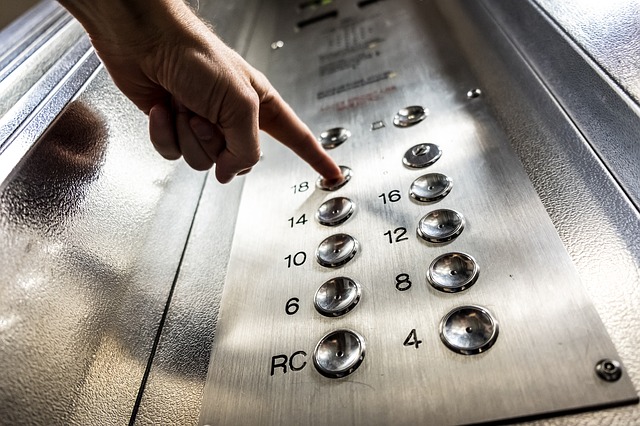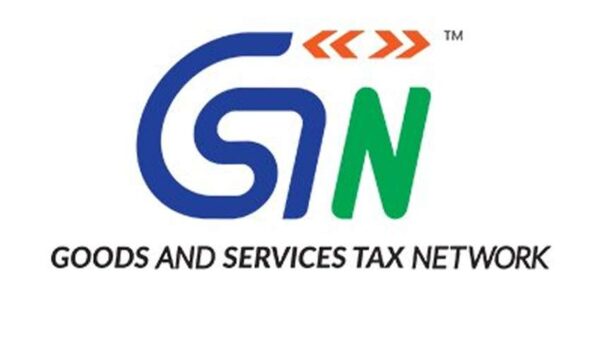The Hon’ble Gujarat High Court in its recent order in the case of State of Gujarat v. Advanced Systek Private Limited [R/Special Civil Application No. 8391 of 2019] has dismissed the appeal challenging the refund of excess tax deposited by the Assessee and held that the Revenue department has to refund the excess tax deposited by the Assessee on fixed price contract.
Further,it was adjudged by Gujarat High Court that the Revenue department cannot forfeit the excess amount of tax deposited by the Assessee as doctrine of unjust enrichment does not apply in such cases.
Facts of the case:
Advanced Systek Private Limited (“the Assessee”) is engaged in the business of sale of machineries to public sector companies in oil and gas sector.
The Assessee received purchase orders from the Companies who had invited bids for the installation of the machinery and after receiving global tenders and the Assessee qouted an “Tax inclusive price” and was supposed to deliver goods at a fixed price irrespective of the tax payable or any other expenses which were to be incurred by the Assessee.
The Assessee mistakenly without considering the amendment in CST Law, paid tax @ 10% / 12.5% instead of 4% while making reverse working in its sales invoices, thereby, depositing excess Central Sales Tax (“CST”) of Rs 1,81,49,641/-
Contention’s of the Revenue:
The Revenue department submitted that during the course of assessment it has right to forfeit the alleged excess amount of CST deposited by the Assessee on the ground that the tax amount is shown separately in the commercial invoices prepared by the Assessee. Therefore, such tax would be part of the inclusive amount of sale price and would amount to the tax collected by the Assessee and if the refund is granted to the Assessee, it would amount to unjust enrichment.
Issue before the High Court:
Whether the excess tax paid by the Assessee can be forfeited by the department or the same is required to be refunded to the Assessee in case of fixed price contract.
Gujarat High Court Order: Deliberations and Ruling
- The Court observed that when the Assessee has sold the goods on the price, which is inclusive of taxes, the turnover is to be calculated as per the formula provided in Section 8A of the Central Sales Tax Act, 1956 (“CST Act, 1956”). In the facts of the case, the rate of CST applicable for the goods supplied by the Assessee is 4%. Therefore, 4% tax is required to be applied on the turnover as calculated under Section 8A of the CST Act, 1956.
- The Assessee deposited the CST at the rate of 10% – 12.5% by making reverse working of the turnover under Section 8A of the CST Act, 1956. The correct amount of tax payable would be therefore, much less than what the Assessee has deposited. This has resulted into the excess amount of tax deposited by the Assessee amounting to Rs. ₹ 1, 81, 49,641/-.
- In the facts of the present case, the Assessee cannot be said to have collected the CST at the rate of 10% or 12% from its buyers/receiver of the goods in view of the contract of fixed price, there is no question of passing over the same to its buyer in view of the decisions of the Apex Court in the case of Mafatlal Industries Ltd. v. Union of India [ 1997 (89) E.L.T. 247 (SC)]. Even otherwise the provisions of the CST Act, 1956 do not contemplate any power to forfeiture of refund by the Revenue department.
- Relied on the decision of the Hon’ble Supreme Court in the case of Khemka & Co. (Agencies) Pvt. Ltd. v. State Of Maharashtra & State of Mysore Versus Guldas Narasappa Thimmaiah Oil Mills [1975 (2) SCC 22] to hold that the provisions of Section 31 of the Value Added Tax, 2005 (“VAT Act, 2005”) enabling the Assessing Officer to forfeit the excess amount of tax deposited by the assessee cannot be applied to the provision of the CST Act, 1956.
In view of above deliberations, the Gujarat High Court allowed the special civil application filed by the assessee and directed the Revenue department to issue refund order in favour of the Assessee within three months from the date of receipt of this order together with simple interest at the rate of 6% p.a. from the date of deposit till the date of realisation.
Our comments:
In our view the above judgement is on the right footing and will equally be applicable for GST regime as doctrine of unjust enrichment is very much applicable under GST law as well.
However in our view It is always advisable that ‘tax inclusive price contracts’ should be avoided in the interest of supplier as well as recipient. This ensures that the basic price is identifiable and whatever is the tax rate applicable thereon on the date of supply will be applied and invoice raised accordingly. In such cases there will be no issue even if the tax rate changes, which may be an issue in cases of tax inclusive price.
Further in cases of tax inclusive price contracts it is very difficult to obtain refund from Tax Department in respect of tax excess paid specially in cases where such tax amount has not been refunded to the recipient and we have witnessed several disputes in this regard.
READ ORDER:
***
[rainbow]Don’t miss the next GST Update / Article / Judicial pronouncement[/rainbow]
Subscribe to our newsletter from FREE to stay updated on GST Law
Resolve your GST queries from national level experts on GST free of cost.
Frah Saeed is a law graduate specializing in the core field of indirect taxes and is the Co-founder of taxwallah.com. She has authored many publications on GST and is into full-time consultancy on GST to big corporates. She as a part of taxwallah.com heads a team comprising of Chartered Accountants and Advocates and plays a key role in our mission to disseminate GST knowledge to all.



